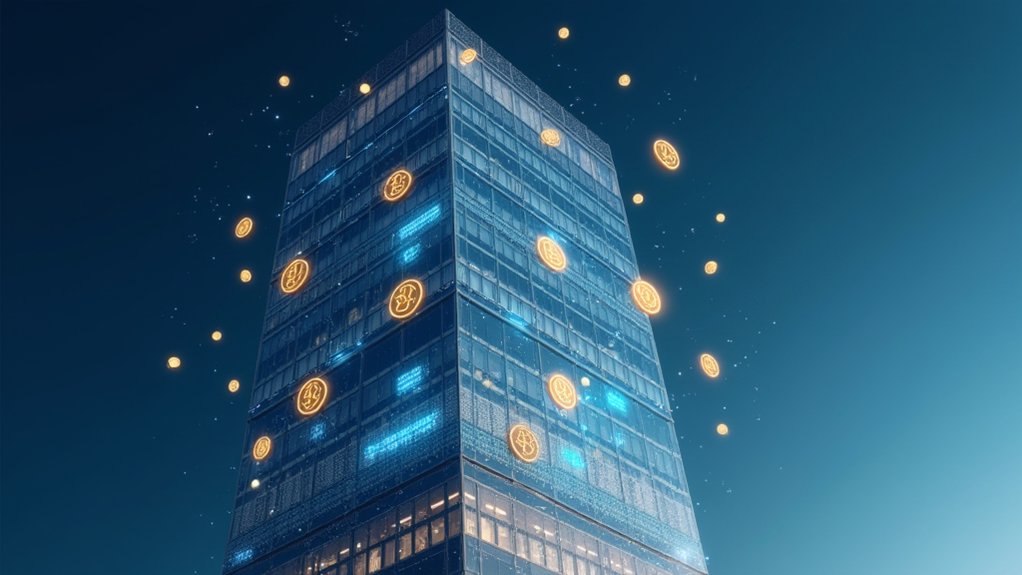Every major financial innovation in history has come with strings attached – except Bitcoin. While traditional financial systems demand endless paperwork, identity checks, and the blessing of suits in corner offices, Bitcoin simply doesn’t care who you are. It’s the first truly permissionless monetary network in human history, and venture capitalist Tim Draper thinks this feature alone could drive its value to $250,000.
This isn’t just about money – it’s about freedom. Bitcoin’s network operates without gatekeepers or regulatory overlords deciding who gets to participate. Anyone with an internet connection can jump in, whether they’re a college student in California or a farmer in rural Zimbabwe. No minimum balances, no maintenance fees, no discrimination based on nationality or social status. Just pure, unfiltered economic access. Unlike permissioned systems, Bitcoin’s open-source development enables anyone to modify and improve the network. The network’s strong security comes from its distributed architecture, making it extremely difficult for attackers to compromise.
The network’s censorship resistance is a game-changer. Try blocking Bitcoin transactions – good luck with that. Its decentralized nature means no government or institution can flip a switch and shut it down. The system’s rules are enforced by consensus through software, not by some bureaucrat’s whims. Every transaction is recorded on an immutable ledger that’s as permanent as gravity. The network’s consensus mechanisms ensure unprecedented levels of transparency and security across all transactions.
What makes this particularly interesting is the open innovation aspect. Developers don’t need to beg for permission to build on Bitcoin’s network. They just… build. This permissionless structure has already sparked a revolution in decentralized finance, and we’re just getting started.
Gold? Please. It’s just a shiny rock that requires a small army of middlemen to move around. Bitcoin, on the other hand, moves at the speed of light, requires no intermediaries, and doesn’t care about borders or bank hours. The network’s security relies on pure mathematics and distributed consensus, not on trust in central authorities or physical vaults.
This permissionless power is precisely why Draper’s prediction, while bold, isn’t completely outlandish. Bitcoin represents something unprecedented: a truly open, global financial network that treats everyone equally. No special access required, no VIP rooms, no velvet ropes. Just pure, democratic financial inclusion at its finest.





